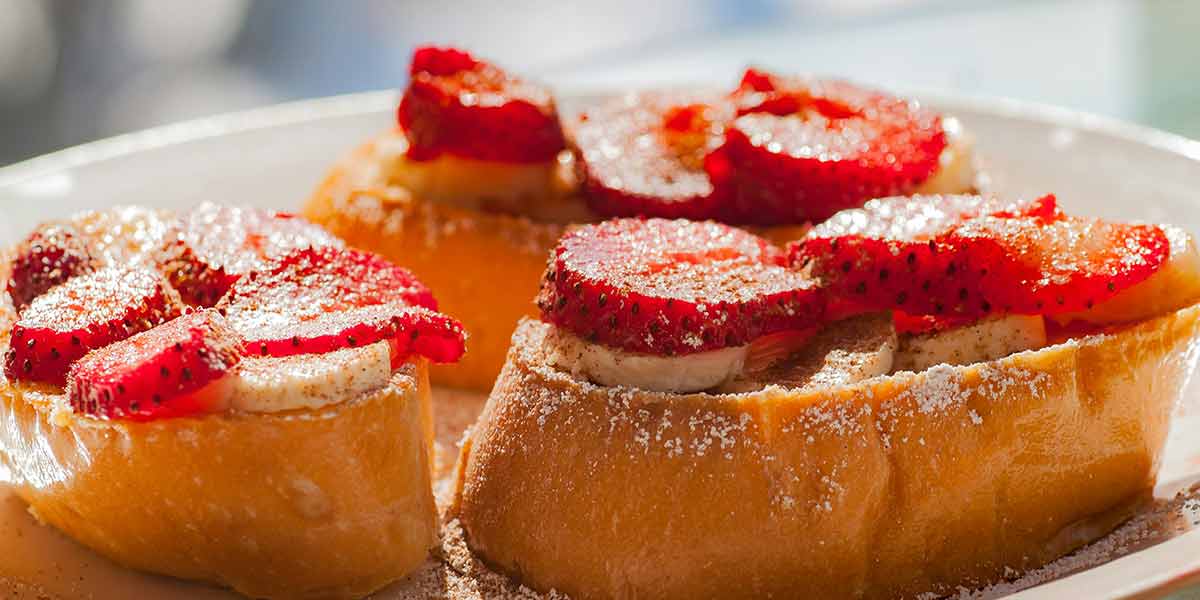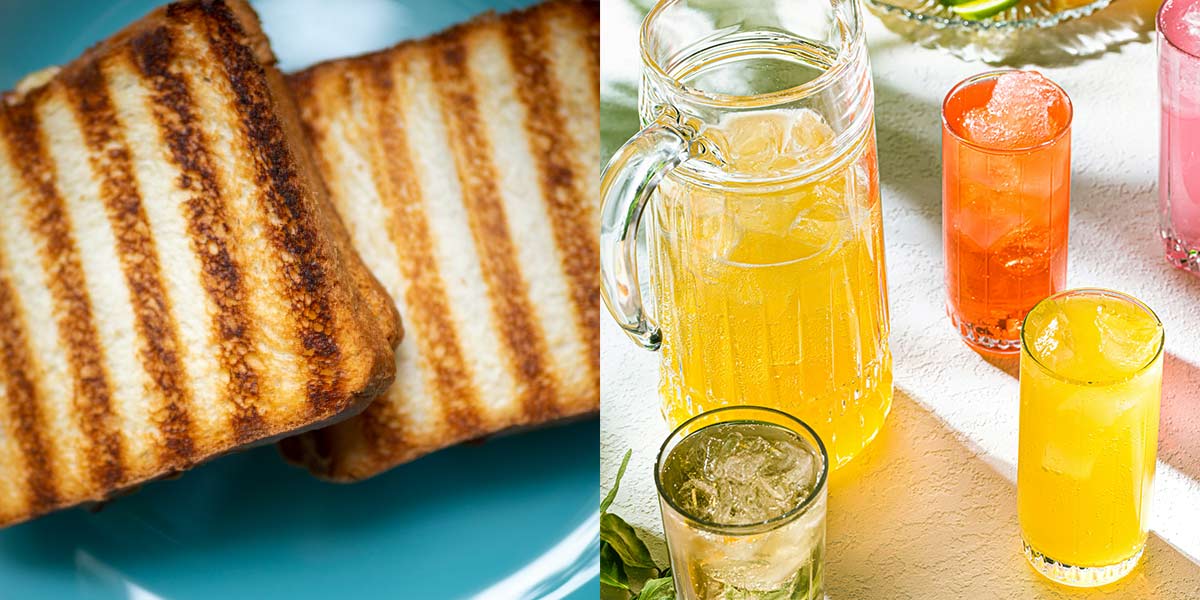In today’s health-conscious world, cold press juicers (also known as slow juicers or masticating juicers) have gained popularity due to their unique extraction method. Unlike traditional centrifugal juicers, cold press juicers use a slow, grinding process to maximize nutrient retention in fruits and vegetables while avoiding heat-induced oxidation. This article explores the five key health benefits of cold press juicers and why they deserve a place in your healthy diet.

1. Higher Nutrient Retention & Better Absorption
Cold press juicers operate at low speeds (typically 40-80 RPM), preventing heat buildup and preserving:
✅ Vitamins (such as vitamin C and B-complex)
✅ Enzymes (aid digestion and metabolism)
✅ Antioxidants (polyphenols, carotenoids, etc.)
✅ Minerals (potassium, magnesium, iron)
In contrast, high-speed centrifugal juicers (10,000+ RPM) generate heat, degrading nutrients and causing faster oxidation.
Research-backed fact:
A study in the Journal of Food Science found that cold-pressed juice retains 30-50% more vitamin C and has stronger antioxidant activity than traditional juice.
2. Slower Oxidation, Longer Freshness
Since cold pressing minimizes exposure to air and heat, oxidation is significantly reduced.
-
Cold-pressed juice stays fresh for up to 72 hours in the fridge.
-
Traditional juice begins oxidizing within 20-30 minutes, losing nutrients rapidly.
Ideal for:
-
Busy professionals (prep ahead)
-
Fitness enthusiasts (quick nutrient boost)

3. Higher Juice Yield, Less Waste
Cold press juicers extract more liquid by slowly crushing ingredients, especially:
🍏 Leafy greens (spinach, kale)
🍐 Fibrous produce (ginger, wheatgrass)
🍊 Hard fruits/veggies (carrots, beets)
Tests show cold press juicers yield 15-25% more juice than centrifugal models, making them more cost-effective long-term.
4. Smoother Texture, No Foam or Separation
Traditional juicers create foam and pulp due to high-speed spinning, while cold-pressed juice:
✔ No foam – cleaner taste
✔ No separation – uniform consistency
✔ Natural flavors preserved – balanced sweetness and acidity
Best for making:
-
Green detox juices (celery + apple + lemon)
-
Nutrient-dense blends (beet + carrot + ginger)
5. Supports Special Diets (Detox, Low-Sugar, Keto)
Cold press juicers allow flexible ingredient combinations for different health goals:
-
Detox: Cucumber + lemon + ginger (boosts metabolism)
-
Low-sugar: Greens-based (spinach + green apple)
-
Anti-inflammatory: Pineapple + turmeric (reduces chronic inflammation)

Cold Press vs. Centrifugal Juicers: Key Differences
| Feature | Cold Press Juicer | Centrifugal Juicer |
|---|---|---|
| Speed | 40-80 RPM | 10,000+ RPM |
| Nutrients | High (low heat) | Lower (oxidation) |
| Yield | Higher (esp. greens) | Lower |
| Noise Level | Quiet | Loud |
| Price | Higher | More affordable |
How to Maximize the Health Benefits?
-
Mix diverse ingredients (more veggies than fruit to avoid excess sugar).
-
Drink fresh (even though cold-pressed juice lasts longer, consume within 2 hours for peak nutrition).
-
Choose organic produce (reduces pesticide intake).
-
Don’t remove all fiber (some fiber aids digestion).
Final Verdict: A Smart Investment for Your Health
If you prioritize maximum nutrition, minimal oxidation, and superior taste, a cold press juicer is the clear winner. While pricier upfront, its long-term health benefits make it a worthwhile upgrade.
🚀 Try this with us: Start a 7-day cold-pressed juice challenge and feel the difference in energy and digestion!




Leave a comment
This site is protected by hCaptcha and the hCaptcha Privacy Policy and Terms of Service apply.